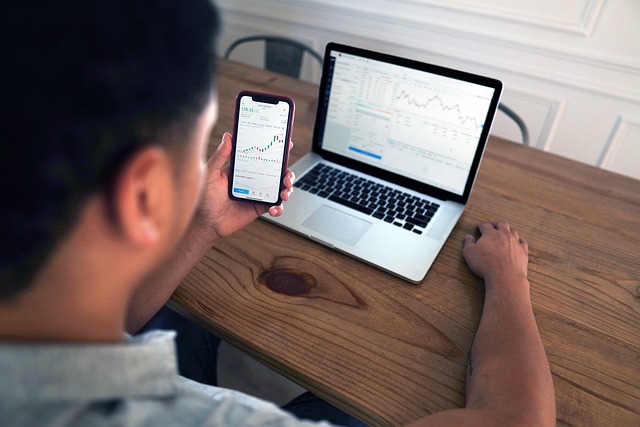Cryptocurrency
Things to Consider When Trading Forex in Europe

Investing in the foreign currency market in Europe can be a lucrative opportunity. However, there are several things to consider before entering into this market. You’ll want to make sure that your broker is registered in Europe and that it’s regulated. There are a few ways to do this. Read online reviews and check with the broker’s governing body. You can also seek help from a third-party Forex industry expert to conduct due diligence on your broker.
MetaTrader 4
MetaTrader 4 is a popular trading platform with many benefits. It is easy to use, has many features and allows automated trading. It has a growing global community and has partnered with leading technology providers. MetaTrader 4 is the next generation of the platform, with many new features and enhancements. You can open either a Standard account or a Raw Spread account on the platform.
With the platform you can even set up automation that would let you do anything you want from checking travel trends to the latest sports scores while the system works alone.
Currency quoting conventions
Currency quoting conventions in Europe differ from the US. Generally, the bid/ask rate of a currency pair will be expressed as the amount of base currency needed to purchase the counter currency. For example, if you want to trade in the Euro against the U.S. dollar, you would need to pay 1.1500 euro units for each U.S. dollar. In addition to the Euro, there are other major and minor European currencies, as well.
Currency value changes
When trading forex in Europe, you may notice that currencies are a little bit more volatile than they are in other parts of the world. This is due to political instability and uncertainty, which can lead to drastic changes in currency values. In particular, the recent Brexit vote and Trump’s election result have had a dramatic effect on the value of the dollar. Other important factors to consider when trading forex in Europe include the health of the underlying economy of each country. The Purchasing Managers’ Index (PMI) survey data and Consumer Price Index (CPI) inflation rates are both good indicators of the economy. These two indicators are critical in monetary policy formulation.
Leverage
The new rules on leveraged financial instruments introduced by the European Securities and Markets Authority (ESMA) will affect Forex brokers in the European Union. This new regulation applies to all FX brokerages in Europe. It limits leverage to the amount of money that can be traded.
Copy trading
Copy trading is a method of forex trading where one follows the trades of another trader. Typically, it is done on MT5 platform. This platform allows traders from different continents to connect with each other and execute trades without any delays. Another popular platform is cTrader. A client can navigate to the Copy area of the platform and choose to follow a particular provider or many. Before starting a copy trading session, clients should evaluate the provider’s history, risk appetite, and fees. Then, they should allocate an amount of money to mimic the trader. If they prefer, they can copy more than one provider simultaneously.
Regulations for European forex brokers
For forex brokers to be able to offer their services in the European Union, the most important part is obtaining a CySEC-licensed FX license. This license allows brokers to sell products and accept deposits from clients in any EU member state. Moreover, it allows brokers to establish a legal presence throughout the European Union. In addition, it requires the brokers to have adequate capital.
Minimum deposit
Minimum deposit for forex trading in Europe varies from broker to broker. Some brokers allow deposits as low as 50 euros while others will require a minimum of $100. The reason for this varies is due to the type of asset that you are trading.




